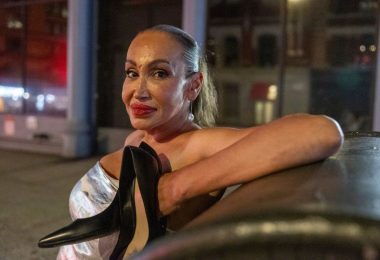In Uganda, the LGBTQ+ community faces a grim reality as the country’s stringent Anti-Homosexuality Act (AHA) faces legal challenges. The act, enacted in May this year, has amplified discrimination and abuse against sexual minorities, profoundly impacting their lives and well-being.
Sandra, a 23-year-old lesbian, recounts her distressing experience since the law’s implementation. Shortly after its enactment, Sandra was dismissed from her job at a supermarket. Her boss expressed concerns that employing her would tarnish the company’s reputation. This incident compounded her family troubles; in 2019, her parents had expelled her from their home upon discovering her sexual orientation. Homeless and unable to afford rent, Sandra found refuge in a shelter for homeless LGBTQ+ Ugandans. Now working for a charity that assists LGBTQ+ people, she avoids public visibility and social media to protect herself.

The Anti-Homosexuality Act was struck down by Uganda’s Constitutional Court in early August [EPA]
Since the AHA’s enactment, at least seven individuals have been charged, with two facing the death penalty for alleged offenses. However, the impact extends far beyond these legal cases. A report released in September by rights groups highlights the widespread torture, sexual abuse, intimidation, and eviction suffered by hundreds at the hands of private citizens.
The Ugandan government maintains that the AHA aims to criminalize same-sex activity and its promotion, rather than penalize LGBTQ+ Ugandans. Nonetheless, LGBTQ+ rights activists, private individuals, and a lawmaker are challenging the law’s constitutionality, arguing against its oppressive nature.







